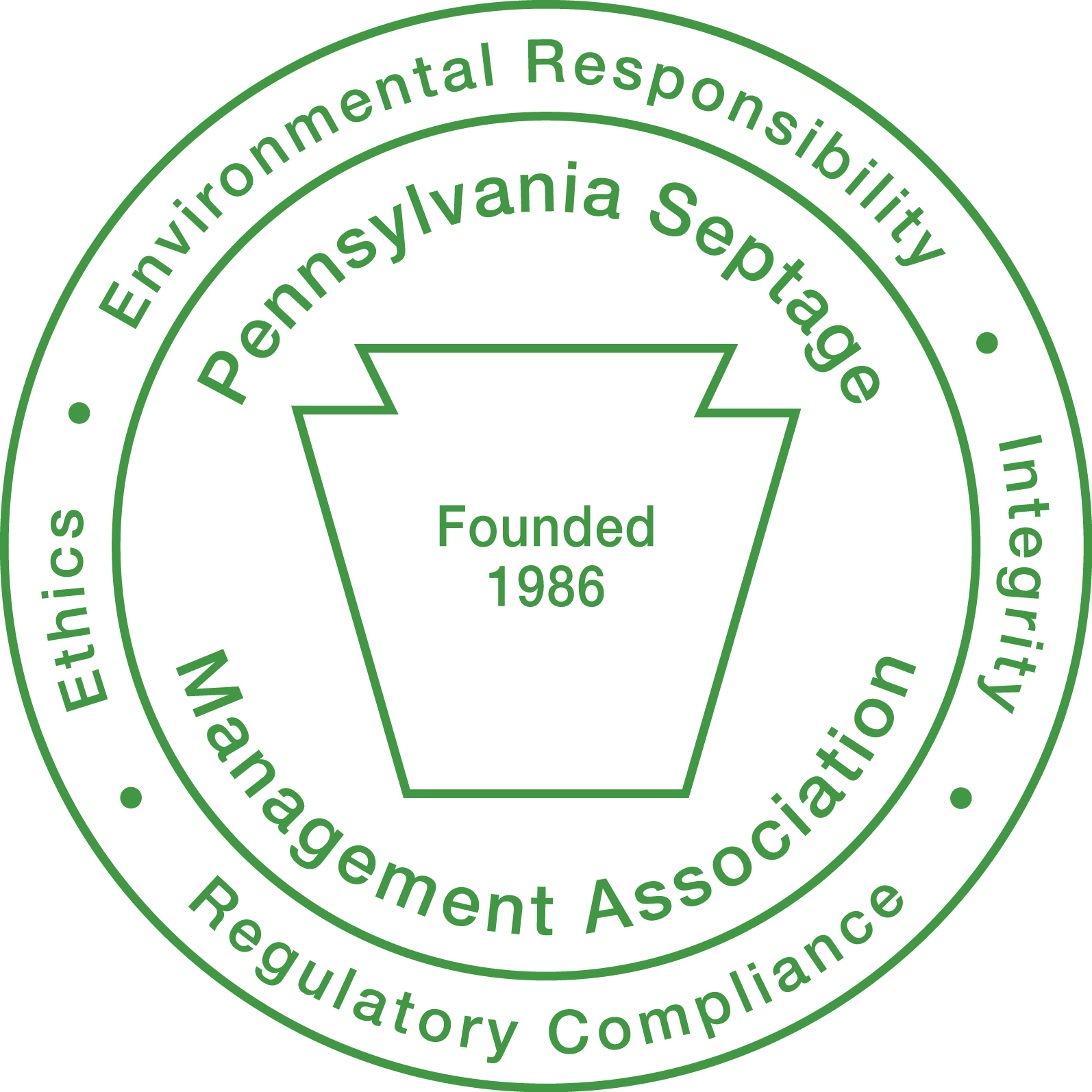TAKING CARE OF YOUR SEPTIC SYSTEM
DO…
+ Identify the location of all components of your septic system should you need servicing during winter periods. A complete inspection can be performed by a PSMA Certified Septic inspector to locate and evaluate the present conditions of your system. A report will be issued for your records.
+ Mark location of the pump out access cover if below grade. If the cover is more than 12 inches below grade, a riser should be installed for easier access.
+ Trim vegetative growth over leachfield/absorption area to prevent soil erosion.
+ Use a certified PSMA Pumper to pump your septic tank a minimum of every 3 years. PSMA recommends an annual maintenance inspection of a septic system. Advanced systems may require more frequent inspection or servicing.
+ Make sure that Septic tanks should only be pumped through the manhole access opening in order to perform a thorough cleaning of the entire tank.
+ Pump Cesspools every one to two years.
+ Keep records of pumping and maintenance.
+ Consider installing an effluent filter in the septic tank.
+ Periodically walk your Septic system leachfield/absorption area and inspect for surface breakout conditions, excessive saturation or septage odors. Call a PSMA Certified Septic professional if you notice these adverse conditions.
+ Exercise water conservation. Upgrade old fixtures and appliances to water conserving models.
+ Spread out laundry days so as not to overburden your septic system with high volume flows all in one day.
+ Installing a filter on the washer discharge line to remove lint is of great value. These can be installed by a PSMA Certified Septic professional.
+ Use as many bio-degradable products as possible.
+ Repair leaking faucets or other plumbing fixtures immediately. Routinely check your toilet flush valve (flapper) to be sure water is not running continuously.
+ PSMA recommends discontinuing the use of garbage disposals on septic systems.
DO NOT…
Ø Make or allow repairs to your septic system without obtaining the required permit or approval from your Local County, Township or Municipal regulator. We recommend hiring a PSMA Certified Septic professional.
Ø Flush semi or non-biodegradable items into septic tank, including coffee grounds,
Ø Flush unused or expired medicines, especially antibiotics or chemotherapy.
Ø Flush large amounts of chlorine bleach or lye products into the septic tank. Normal household use will not harm the bacteria.
Ø Use Chlorine type tablets or dispensers in toilet tank or bowl.
Ø Connect roof drains, sump pumps, condensate lines, humidifiers, de-humidifiers, or yard drains to septic tanks. Extra water will flood the tank and the leachfield/absorption area.
Ø Use sodium hydroxide or potassium hydroxide (drain cleaners) to unclog drains. These chemicals will affect solids settling and cause the sludge to flow into the leachfield/absorption area. PSMA recommends using a drain snake or compressed
air devices to loosen clogged piping.
Ø Introduce additives such as ‘yeast’, dead animals, hydrogen peroxide, beer, or other home remedies. They are unproven to help septic tank treatment and may cause problems.
Ø Plant shrubs or trees near leachfield/absorption area.
Ø Irrigate over top of leachfield/absorption area.
Ø Drive vehicles, four-wheelers (quads), construction equipment or place heavy objects such as portable swimming pools, over septic tanks and leach fields/absorption areas.
Ø Build anything above or cover the leachfield/absorption area with a hard surface such as concrete or asphalt.
Ø Wash and rinse latex/oil-based painting tools or spackling equipment at household fixtures.
Ø Pour used motor oil or chemicals such as paint thinners, degreasers, automotive (toxic type) antifreeze into the drains or septic tank.
Ø Turn off or discontinue use of aerators on Aerobic type septic systems.
Septic systems are expensive! It is important to be a conscientious user of your septic system in order to maintain proper function and extend the useful life expectancy.
Disclaimer: The Pennsylvania Septage Management Association (PSMA) is not
responsible for members providing services. References to using any type of Septic
system product requires following Manufacturers’ installation guidelines and
recommended maintenance schedules. PSMA does not endorse any specific product or
brand. Check with your local Authorities or Regulators for additional requirements
prior to making any additions or alterations to your Septic system.
